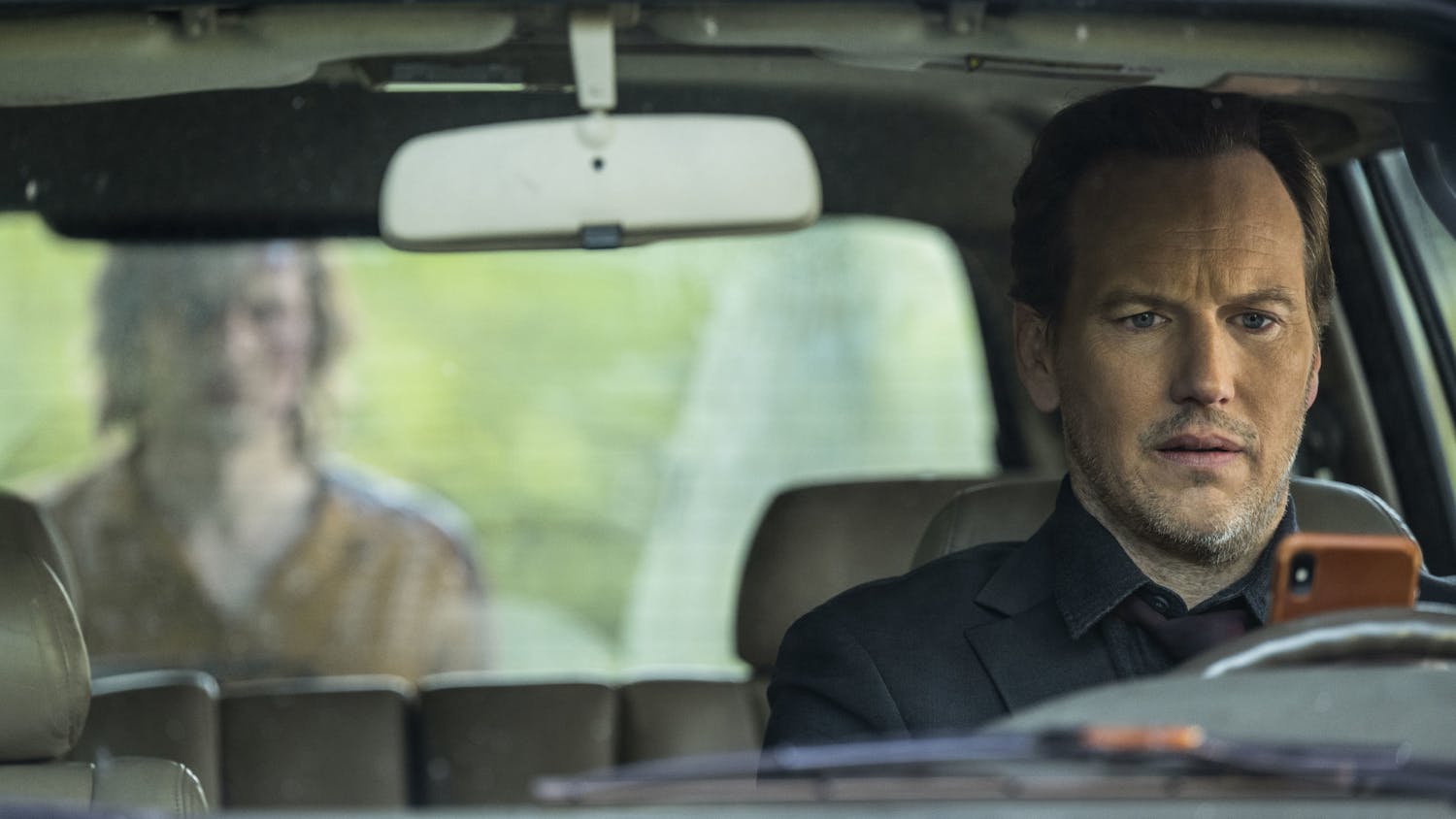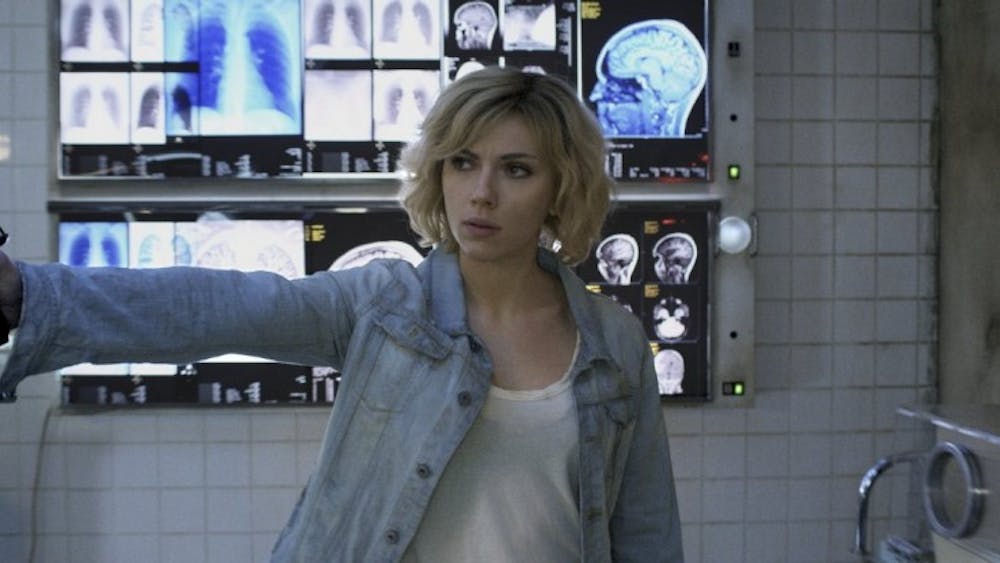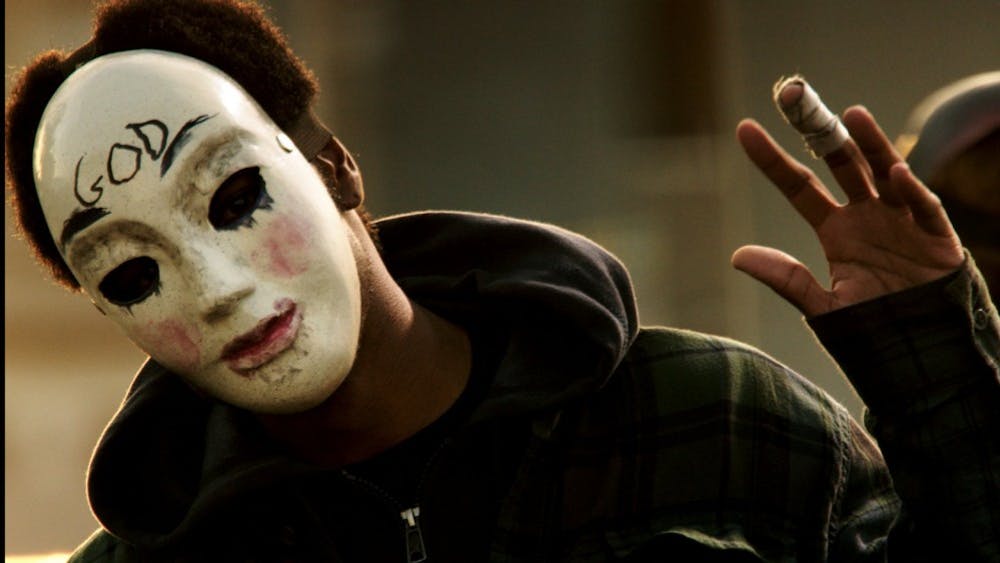"The call of nature." We use it to describe an irrevocable need to be at one with our surroundings and to return to our inner selves in light of the influence of the way of the world. Director Sean Penn's "Into the Wild" is the true story of a man driven to isolate himself from the demands of society and live his life with the companionship of no one else, alone in the wilderness of Alaska.\nChris McCandless (Emile Hirsch) is a recent college graduate who comes from a broken home and has money to burn. But Chris isn't interested in a career. Instead, he leaves one day, telling no one, and intends to live off the land until he can reach the Yukon Territory and complete solitude. Changing his name to Alexander Supertramp, his journey takes him far and wide, meeting many people and eventually ending in the winter world of his dreams.\n"Into the Wild" is a true story, investigated and reported on by John Krakauer, who wrote a book of the same name about McCandless. That is the biggest problem with the film. Its words are beautiful, its ideals insightful and its lead character undaunted and lovable. \nBut like so many other books that have touched the big screen, "Into the Wild" was better left to black-and-white print and its readers' imaginations. While the story is indeed compelling, it gains little in film form. That said, Hirsch does a great job with the role of the natural-born hero with saintly attributes, and Vince Vaughn appears in his usual comical role to add a little flavor, which makes this unnecessarily long film more bearable.\nIf poetry is what film fans are looking for, "Into the Wild" is their kind of movie. I, on the other hand, would find it more beneficial to read Thoreau or even Krakauer than take in Penn's rendition of McCandless' life.
Nature calls
Into the Wild (R) Grade: C

Get stories like this in your inbox
Subscribe





